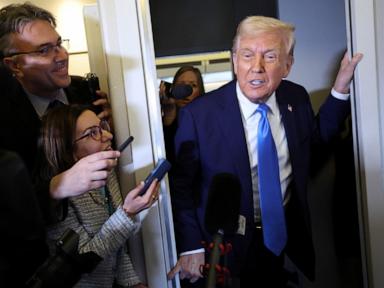What It Would Take to Make Canada the 51st State
Filters
Sort by




















